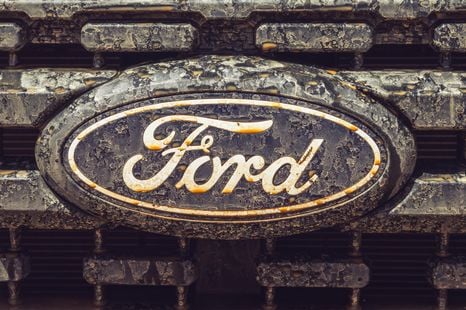

Damion Smy
Ford posts its biggest loss since the Global Financial Crisis
4 Hours Ago
Wondering why carmakers quote prices excluding on-road costs? It's because the price to put a car on the road varies wildly around the country.

Contributor


Contributor
Most carmakers in Australia quote their prices as ‘list prices’ or MSRP excluding on-road costs.
That’s partly because vehicle advertising is regulated by the Australian Competition and Consumer Commission (ACCC) to make sure brands can’t mislead customers by excluding certain charges and taxes from their stickers, and partly because the actual price of a car varies based on where you live.
After all, you pay for more than just the car when you buy one – unless you don’t plan to drive it on the road, of course.
On-road costs vary from state-to-state, and you’re taxed differently based on how much a car costs, what kind of engine it has, and whether you live in a city or the country.
Here, we break down the charges that generally make up on-road costs around Australia.
All prices were sourced the week starting August 16, 2021, and may change over time.

Stamp duty is a tax charged based on a car’s price, and applies to both new and used cars. It’s ostensibly meant to cover the cost of transferring registration.
How it’s calculated around the country is explained below:
Australian Capital Territory (ACT)
Stamp duty in the ACT is not applicable for cars with CO2 emissions below 120g/km.
Cars emitting between 131 and 175g/km of CO2 are taxed at the following rates:
Cars emitting between 176 and 220g/km of CO2 are taxed at the following rates:
Cars emitting more than 220g/km of CO2 are taxed at the following rates:
New South Wales (NSW)
Stamp duty in New South Wales is calculated at $3 per $100/part thereof of a vehicle’s value on cars priced below $45,000.
Cars priced above $45,000 are taxed at a rate of $1350, plus $5 per $100 of the value above $45,000.
Northern Territory (NT)
Stamp duty in the Northern Territory is charged at $3 for every $100/part thereof of a vehicle’s price, including accessories.
Queensland
The stamp duty (or vehicle registration duty) rate in Queensland varies based on the type of car.
Hybrids and electric vehicles in Queensland are taxed at the following rates:
Vehicles with four-cylinder engines or smaller are charged:
Five- and six-cylinder vehicles are charged:
Vehicles with engines larger than six cylinders are charged:
South Australia
Buyers of passenger cars priced over $3000 in South Australia are charged $60, plus $4 for every $100 or part thereof over $3000.
There are different rates for cars below $3000, but they’re not relevant to new cars in Australia.
Commercial vehicles priced above $2000 are taxed at a rate of $30, plus $3 for every $100 or part thereof over $2000.
Tasmania
In Tasmania, vehicles priced between $601 and $35,000 are charged $3 per $100/part thereof.
Cars priced between $35,001 and $40,000 are charged $1050, plus $11 per $100/part thereof over $35,000.
Vehicles priced above $40,000 are taxed at a rate of $4 per $100/part thereof.
Victoria
In Victoria, you pay $8.40 for every $200 of your car’s market value/part thereof if it emits less than 120g/km of CO2.
Passenger cars priced below $69,153 are subject to the same rate.
Cars priced between $68,741 and $100,000 are taxed at $10.40 per $200 of the market value/part thereof.
Cars priced between $100,001 and $150,000 are taxed at $14 per $200/part thereof.
Those priced from $150,001 are subject to a rate of $18 per $200/part thereof.
Non-passenger cars are charged at $5.40 per $200/part thereof.
They’re defined as a motorcycle, a vehicle designed to carry more than eight adults, or “vehicles primarily designed for carrying goods, includes utility and dual cab utilities”.
Western Australia
Cars up to $25,000 are charged at a rate of 2.75 per cent of their market (or dutiable) value.
In Western Australia, vehicles priced between $25,000 and $50,000 are charged using the following equation: R per cent of the dutiable value, where R = [2.75 + ((dutiable value – 25,000)/6666.66)] rounded to 2 decimal places.
Cars priced above $50,000 are charged stamp duty at 6.5 per cent of the market value.
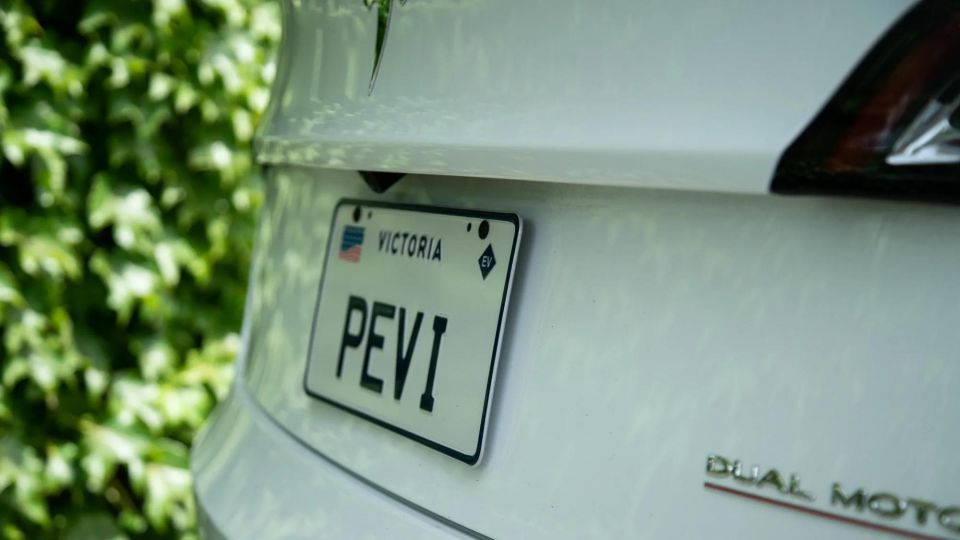
Registration is self-explanatory. It’s an annual charge you pay for the right to use roads, and varies from state-to-state.
Bundled into registration fees are Compulsory Third Party insurance (CTP, explained below), fees that go towards the improvement of roads, and administration fees associated with managing vehicle registration.
Australian Capital Territory
Buckle up, the home of red tape is home to a staggering assortment of registration fees and charges.
They’re laid on the ACT website, linked here.
If you own an electric vehicle in the ACT, the Territory Government is rolling out free registration.
New South Wales
Private-use vehicles in New South Wales are charged registration fees based on their weight.
The different classes are below:
Northern Territory
Vehicles with four-cylinder engines in the Northern Territory are charged based on their displacement.
Vehicles with four-cylinder engines or smaller pay registration at the following rates:
Vehicles with engines larger than four cylinders pay registration at the following rates:
Queensland
Registration in Queensland is charged based on how many cylinders your new car has. Prices are below:
South Australia
Registration fees in South Australia vary based on the type of car you drive, and where you live. Prices are below for metropolitan SA:
Prices are below for rural SA:
Tasmania
Registration in Tasmania is charged based on how many cylinders your car has.
Vehicles with a GVM between 3.0 and 4.5 tonnes are charged at different rates.
Victoria
In Victoria, metropolitan drivers pay $845.90 per year, outer metro drivers pay $790.90 per year, and rural owners pay $726 annually.
Utes are charged different rates. Metropolitan owners pay $847, outer metro owners pay $716.10, and rural owners pay $589.60.
In Victoria, electric vehicle and plug-in hybrid owners also need to pay a road user charge of 2.5 cents per kilometre for EVs and hydrogen FCEVs, and 2 cents per km for PHEVs.
EV owners receive $100 back on the price of registration.
Western Australia
WA is unique in charging registration based on the weight of a vehicle.
Passenger cars, SUVs, and light commercial vehicles pay registration at a rate of $24.56 per 100kg.

Cars aren’t provided to dealers in a customer-ready state, they need to be prepared after coming off a container ship.
Dealer delivery is a catch-all cost that covers the time and labour involved in cleaning, inspecting, and handing over a car to the customer.
These charges vary from dealer-to-dealer and can be set by the dealer to inflate the drive away price without affecting the recommended retail price set by the manufacturer.
Compulsory third party (CTP) insurance is a levy paid by road users to fund compensation for people who are injured in crashes.
It’s generally bundled into the price of registration, although Queensland, New South Wales, South Australia, and Australian Capital Territory buyers need to choose their insurance provider.
In New South Wales, it’s a separate charge to your registration.
Other states, such as Victoria, manage it through a centralised provider.
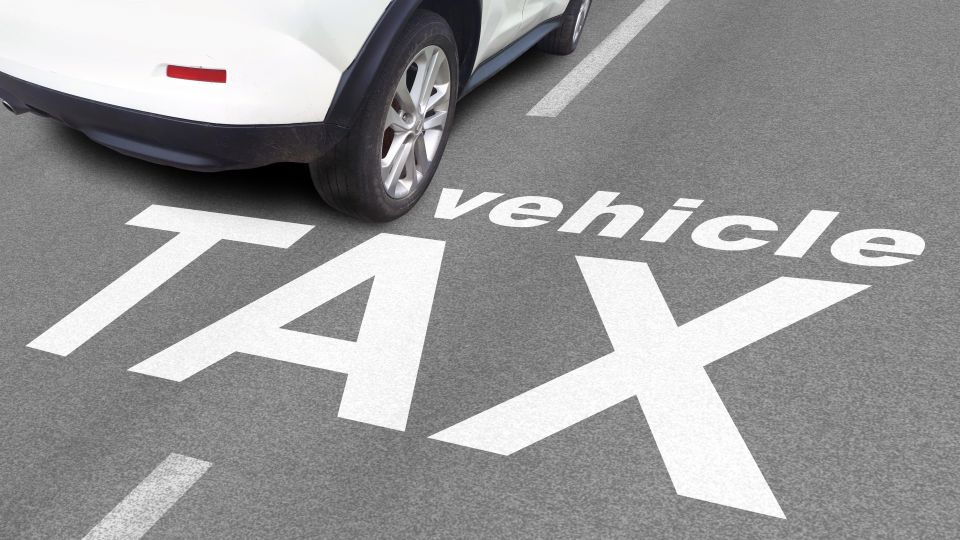
Cars are subject to 10 per cent GST, but it’s included in most list prices.
Vehicles priced higher than $69,152 and with a claimed fuel consumption figure of 7.0L/100km or worse are subject to the Luxury Car Tax (LCT).
Cars below that fuel use threshold are subject to a higher $79,659 cut-off for the LCT.
The LCT is calculated at a rate of 33 per cent on the value of a car above those thresholds.
Most carmakers (all expect Tesla) include the LCT in their list prices as well.
Some carmakers have found a simple way to remove the confusion around on-roads – listing drive-away prices, where buyers around the nation are charged one set price and the manufacturer wears any difference afforded different charges in different states.
Scott Collie is an automotive journalist based in Melbourne, Australia. Scott studied journalism at RMIT University and, after a lifelong obsession with everything automotive, started covering the car industry shortly afterwards. He has a passion for travel, and is an avid Melbourne Demons supporter.


Damion Smy
4 Hours Ago
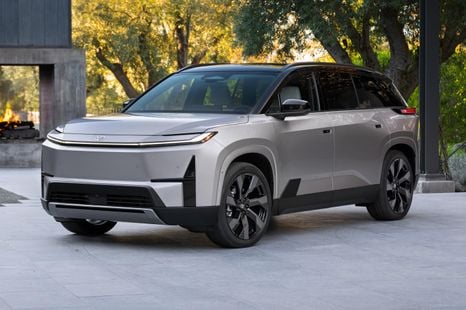

Damion Smy
5 Hours Ago
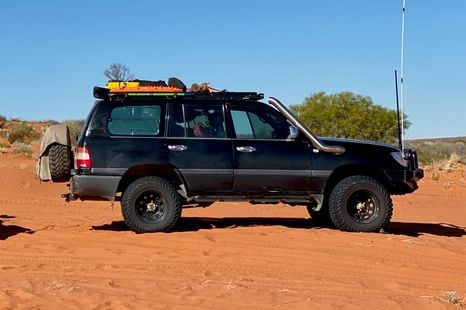

Ben Zachariah
7 Hours Ago
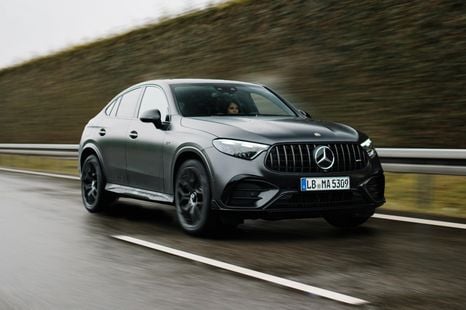

William Stopford
8 Hours Ago
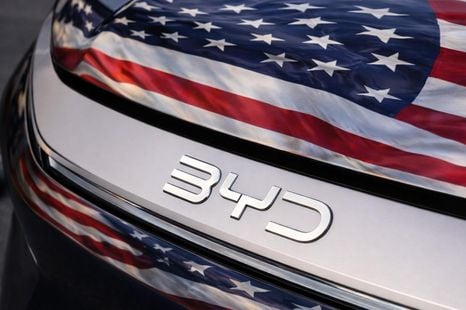

Damion Smy
10 Hours Ago
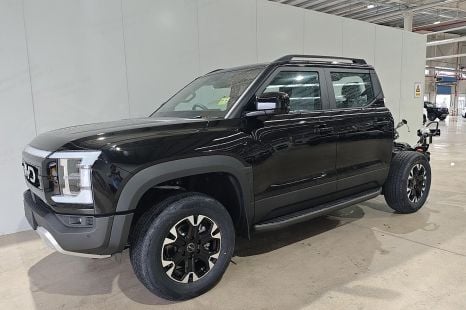

William Stopford
11 Hours Ago
Add CarExpert as a Preferred Source on Google so your search results prioritise writing by actual experts, not AI.